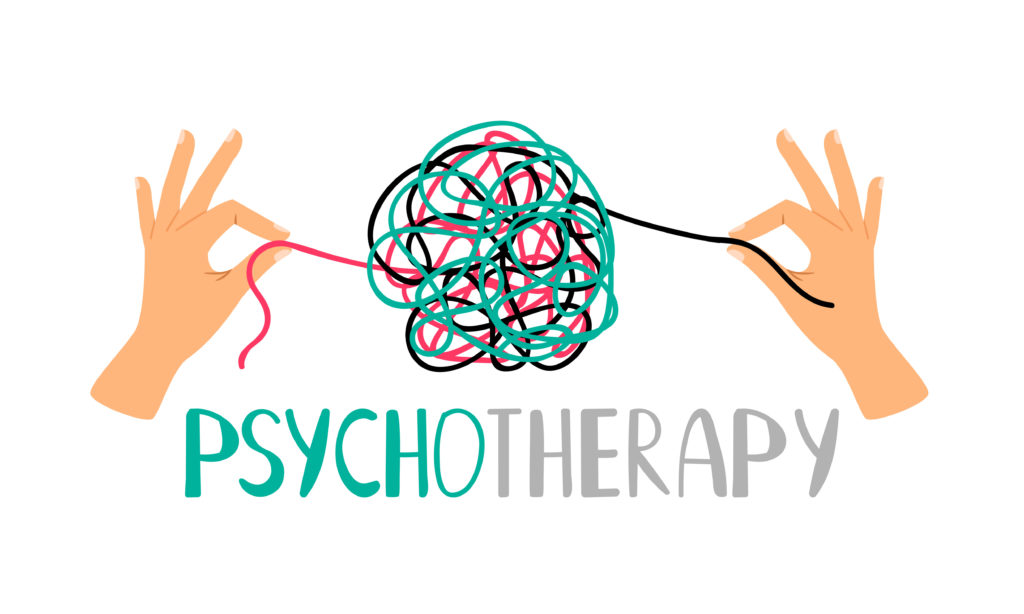Can I refer someone else for Psychotherapy?
Yes. You can definitely refer someone else to a psychotherapist. However, it is important to understand that meeting a therapist is a personal choice and that the decision rests with the individual. The person who is being referred needs to be keen to meet the therapist and be prepared for change.
Is what I say to a therapist confidential?
Yes. All conversations between the therapist and the individual remain confidential. The success of psychotherapy is based on the honesty and privacy of the process. The only condition under which confidentiality can be broken is when there is a risk of criminal harm to the person. Many therapists discuss issues of their clients with their seniors and other experts in the field, but all these are strictly confidential.
Is psychotherapy covered by insurance?
Some companies or private insurance plans may cover fees. You need to check your plan and its coverage for further clarification.
Do you need a physician’s referral?
No. You do not need a doctor’s referral before contacting a therapist. However, if you have an insurance plan that covers psychotherapy treatment, you may require a doctor’s referral before you begin a therapy session. You need to check with the insurer to find out about the coverage.
How is psychotherapy different from talking to a friend?
A therapeutic conversation with a psychotherapist is quite different from talking to a friend. Although friends form an important part of our support network, they may not be able to see you in the manner that a psychotherapist would. A therapist will help you to understand what it is in certain situations, thoughts, or ways of being that are driven by something that you may not have been able to see about yourself. Psychotherapists are trained and have greater objectivity than friends. They also have more experience in recognizing the impact that your history can have on your present feelings and choices. Friends may try to make you feel better, but a therapist will help you get a broader understanding of how the problem developed. S/he may help you to view it differently and how it is connected to other aspects of your life and how your response to the issue can be different.
Is therapy effective?
In general, most people find that after working with a therapist over a period of time, they have significant relief from serious emotional issues. They feel that therapy provides individuals with greater clarity and empowerment. The important point to remember is that although the impact of ongoing therapy may not be felt immediately, it is long-lasting. The person will feel the benefits of the therapy after completing a few sessions with the therapist. If you have concerns about whether or not the therapy is helpful, you need to discuss the expectations and the experience with the therapist.
How does psychotherapy work?
Psychotherapy brings forward and throws light on your emotions and thoughts as they come up during the therapeutic conversation. It will highlight the limiting patterns or too narrow range of feeling and behaving formed in our relationships with others. In the initial stages, these defenses might have been helpful, but may no longer serve us as they did earlier. They may have become problematic. During the sessions, you and the therapist have the opportunity to examine these patterns, understand them more deeply, and change the ones that are no longer useful. For instance, some people may have been adaptive, early on in their life, to disconnect from their difficult emotions. It may turn out that later they are unable to feel anything deeply, including joy or happiness. When the person begins to understand the problem that led to this defense mechanism and realizes that it is no longer needed, makes it possible to have a different response. This type of approach towards healing can occur in any relationship. The psychotherapist has been specially trained to take you through this process of change and create an environment for progress.
What are the goals of psychotherapy?
The goals of psychotherapy are to break destructive patterns, alleviate unnecessary suffering, improve relationships, raise awareness and choice, and find new and different ways to cope with past and present challenges. It also involves a shift or movement towards greater spontaneity, creativity, and capability for the pleasure in living. Psychotherapy is a process that is highly individualised and shaped by the goals of every person who seeks it.
What issues are addressed by psychotherapy?
Most mental health issues, ranging from depression and suicidal feelings to addictions, mood disorders, obsessions, and relationship difficulties are dealt with by psychotherapy. The list is very comprehensive and nearly includes all of the human experience. However, a psychotherapist cannot make a formal diagnosis or prescribe any medication.
What is psychotherapy?
Psychotherapy is a kind of treatment that deals with emotional challenges and psychological suffering in a collaborative working environment between a client and a trained therapist. Psychotherapy focuses on the complete range of human experience, which includes feelings, thoughts and behaviors. All your memories, aspirations, and dreams are relevant material for therapy. The therapeutic conversation looks for solutions to ‘deep’ issues as opposed to reducing symptoms. Psychotherapy looks beyond a problem like social anxiety to past experience and conflict that caused it. Although each practitioner has a particular approach, all psychotherapists generally emphasize building a productive therapeutic experience and try to promote insight and change from within the individual client.








